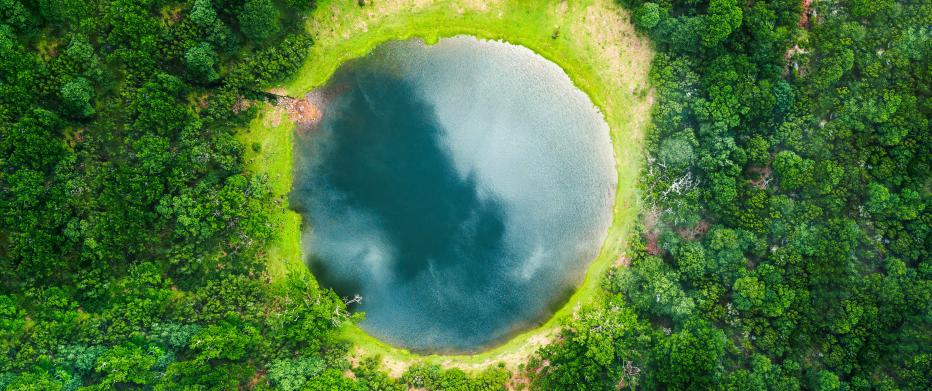
We understand the importance of a circular economy model for our future. We bring our experience, knowledge and skills to help you build a strategy and roadmap that harnesses opportunities to solve immediate resource, water and energy problems, and drive the transition to a circular economy mindset globally.
Our team of professionals has provided input to projects across the globe, and our approach drives collaboration, facilitates decision making and supports successful program delivery.
Moving to a circular economy in placemaking that is restorative and regenerative by design will provide long-term economic, social and environmental benefits. This transition will create a multitude of opportunities, including: generating jobs; driving economic growth from resource use; opening up access to goods; maximizing the value of resources; and, crucially, reducing waste, energy use and greenhouse gas emissions.
Organizations at any scale can benefit by being adopters – community groups, businesses, councils, cities and regions. Adopting a circular economy will support society and industries’ broader sustainability ambitions, for example, related to net zero, social value and natural capital.
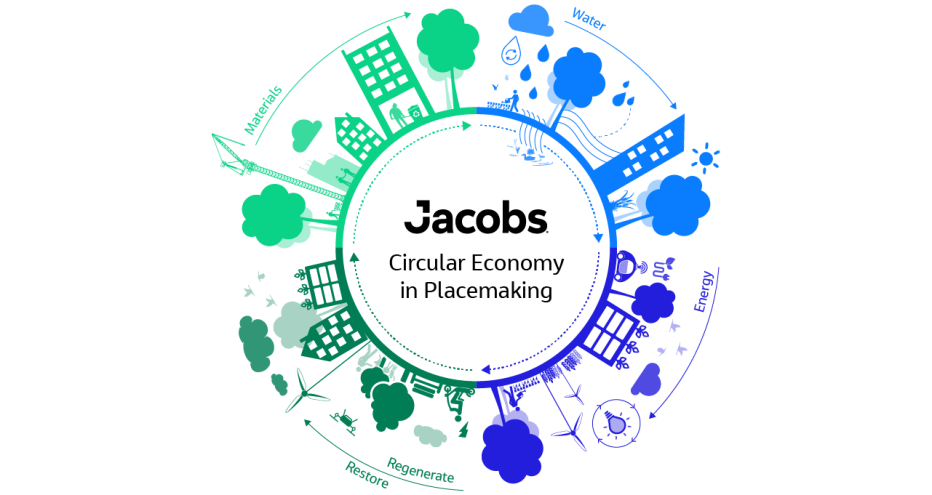
A circular economy approach in placemaking will consider the role of water, energy, materials and restoring natural systems holistically.
-
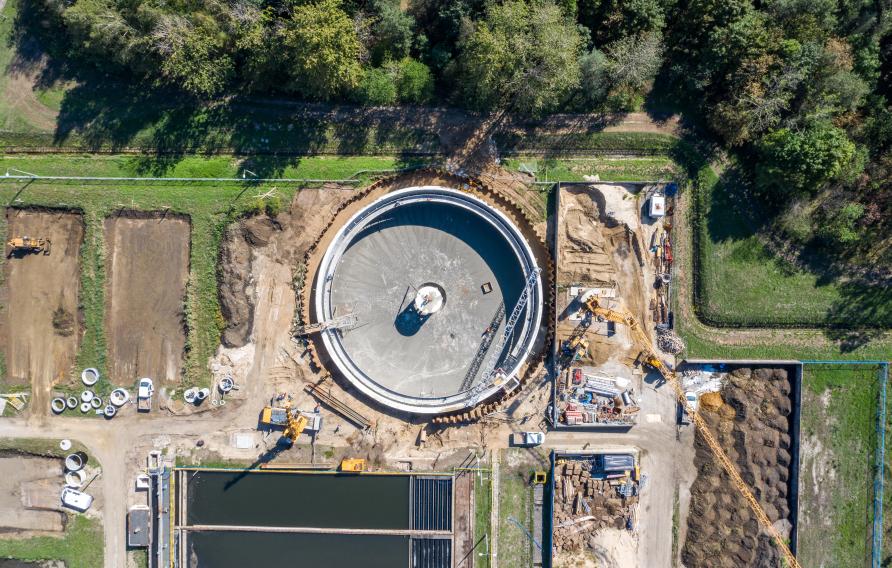
Industrial symbiosis: A feasible solution to sustainable resource management in the water sector?
There is increasing recognition and research within the water sector that recovery and reuse of waste materials can contribute to more resilient water systems, promote a circular economy, support net zero emission ambitions and aid positive environmental, economic and social outcomes influenced by water companies. Read about our Ofwat Innovation Fund project looking at the feasibility of implementing industrial symbiosis within the water sector to accelerate toward a truly circular economy.
-

Jacobs delivers collaborative research with U.K. water industry research providing a vision and pathway for a circular economy in water
Responding to the UK Water Industry Research (UKWIR)’s call to deliver collaborative research to answer one of the 12 big questions, namely ‘how to maximize recovery of useful resources and achieve zero waste by 2050’, we worked with Brunel University London and Allied Waters, to provide a vision and path forward for the water sector’s circular economy journey.
From our newsroom
-
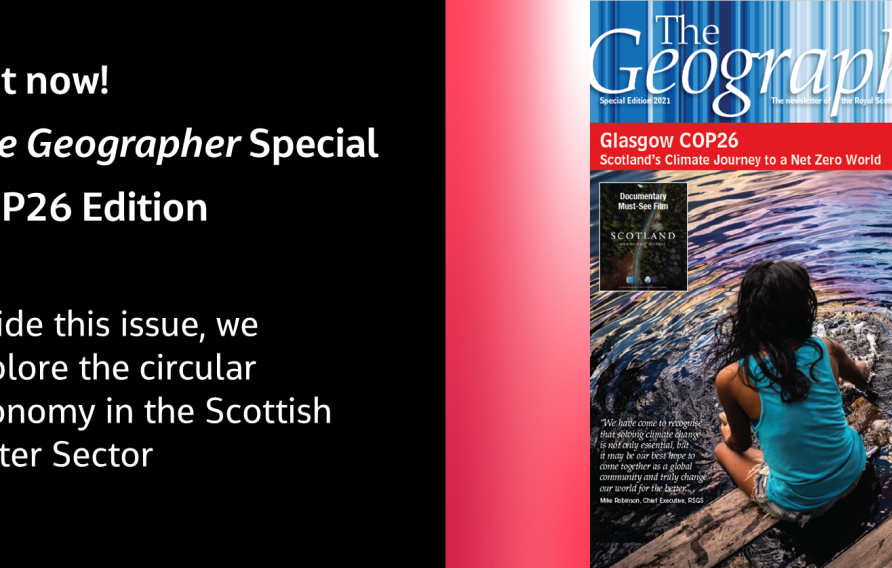
 News
NewsCircular Economy in the Scottish Water Sector
In this article, we look at progress made with United Nations Sustainable Development Goal 12: Responsible Consumption and Production, and explore what more can be done?
-
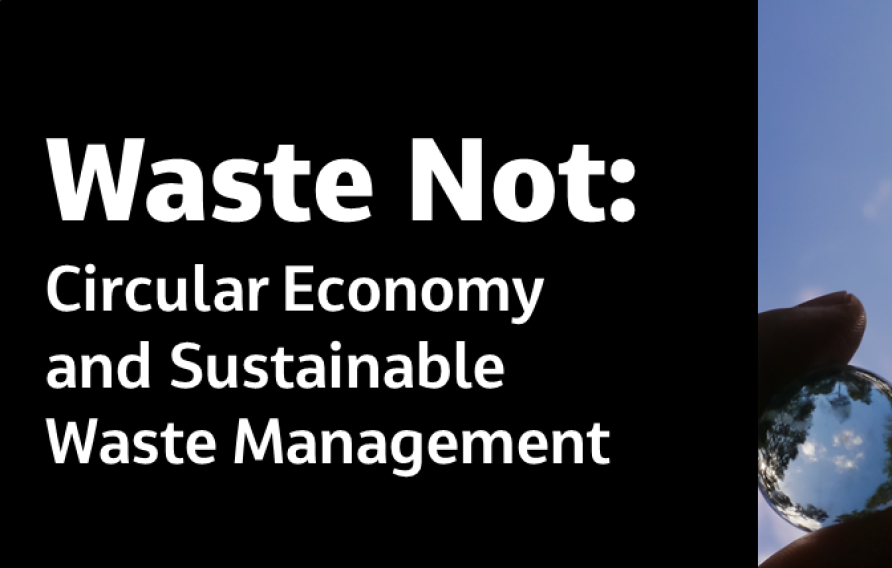
 Podcasts
PodcastsWaste Not: Circular Economy and Sustainable Waste Management
With the goal of improving environmental stewardship and economic resilience, innovators are employing new solutions to address the challenges of municipal waste management. At the forefront of concepts being explored is the circular economy model, which focuses on reuse, repair and recycling. In this episode of If/When we explored how a circular economic model can be deployed to address waste management, with guests Eric Oddo, Environmental Engineering Program Manager, Western Placer Waste Management Authority, and Janet Goodrich, P.E, Waste Solutions Global Technology Leader, Jacobs.
-
 News
NewsGrit and Determination: Tackling a Circular Economy with Scottish Water and Zero Waste Scotland
Jacobs is working with Scottish Water and Zero Waste Scotland to implement a full-scale trial to reuse recovered grit as recycled aggregate – with the potential to make significant cost and carbon savings.















































